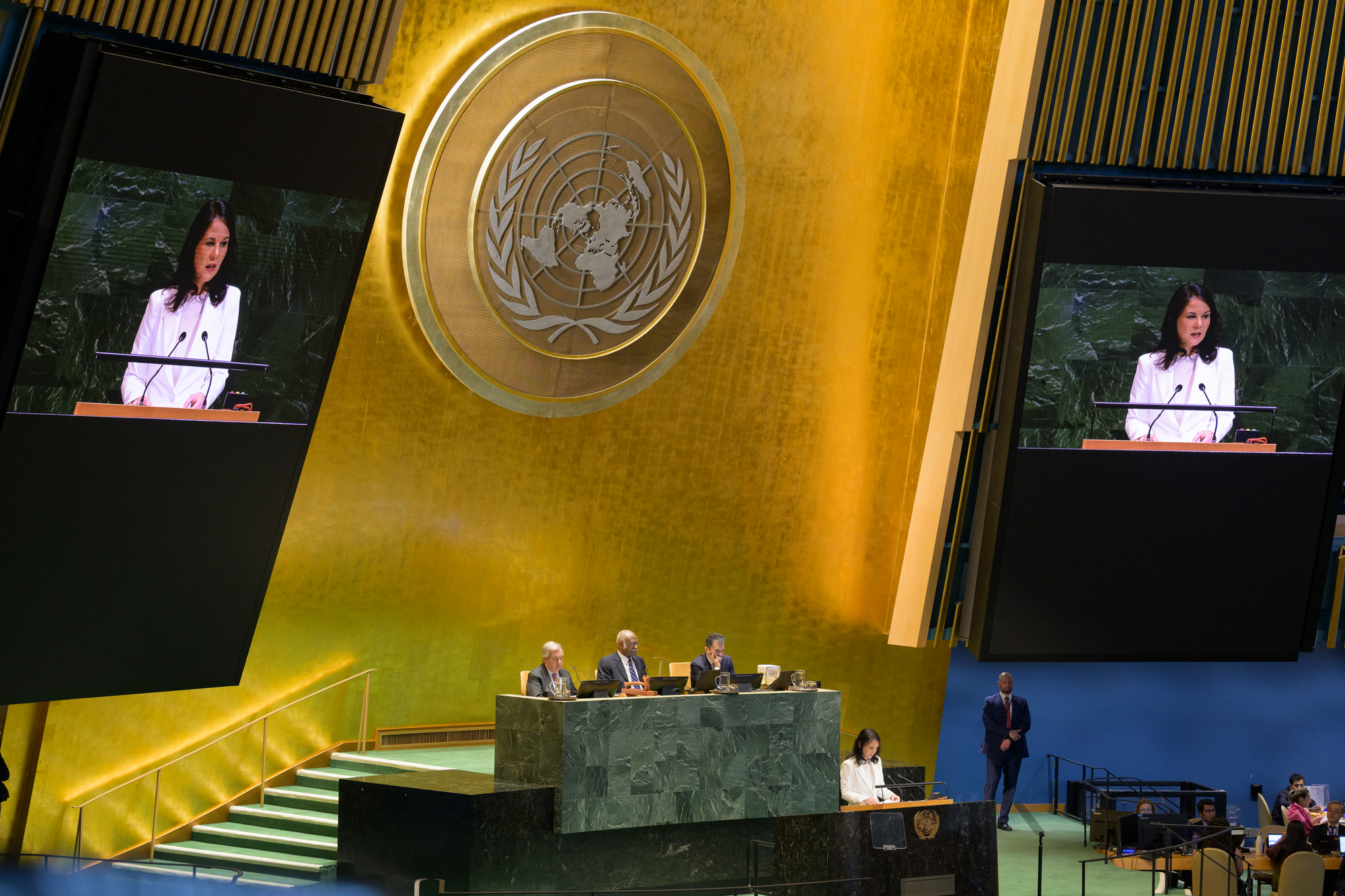The UK’s ministers are considering an unprecedented intervention after a cyberattack forced Jaguar Land Rover to halt production, leaving thousands of suppliers exposed to collapse.
A late August hack shut down JLR’s IT networks and forced the suspension of its UK factories. Industry experts estimate losses of more than £50m a week, with full operations unlikely to restart until October or later.
JLR, owned by India’s Tata Motors, had not finalised cyber insurance before the breach, which left it particularly vulnerable.
Officials are weighing whether to buy and stockpile car parts from smaller firms that depend on JLR, though logistical difficulties make the plan complex. Government-backed loans are also under discussion.
Cybersecurity agencies, including the National Cyber Security Centre and the National Crime Agency, are now supporting the investigation.
The attack is part of a wider pattern of major breaches targeting UK institutions and retailers, with a group calling itself Scattered Lapsus$ Hunters claiming responsibility.
A growing threat that highlights how the country’s critical industries remain exposed to sophisticated cybercriminals, raising questions about resilience and the need for stronger digital defences.
Would you like to learn more about AI, tech and digital diplomacy? If so, ask our Diplo chatbot!










